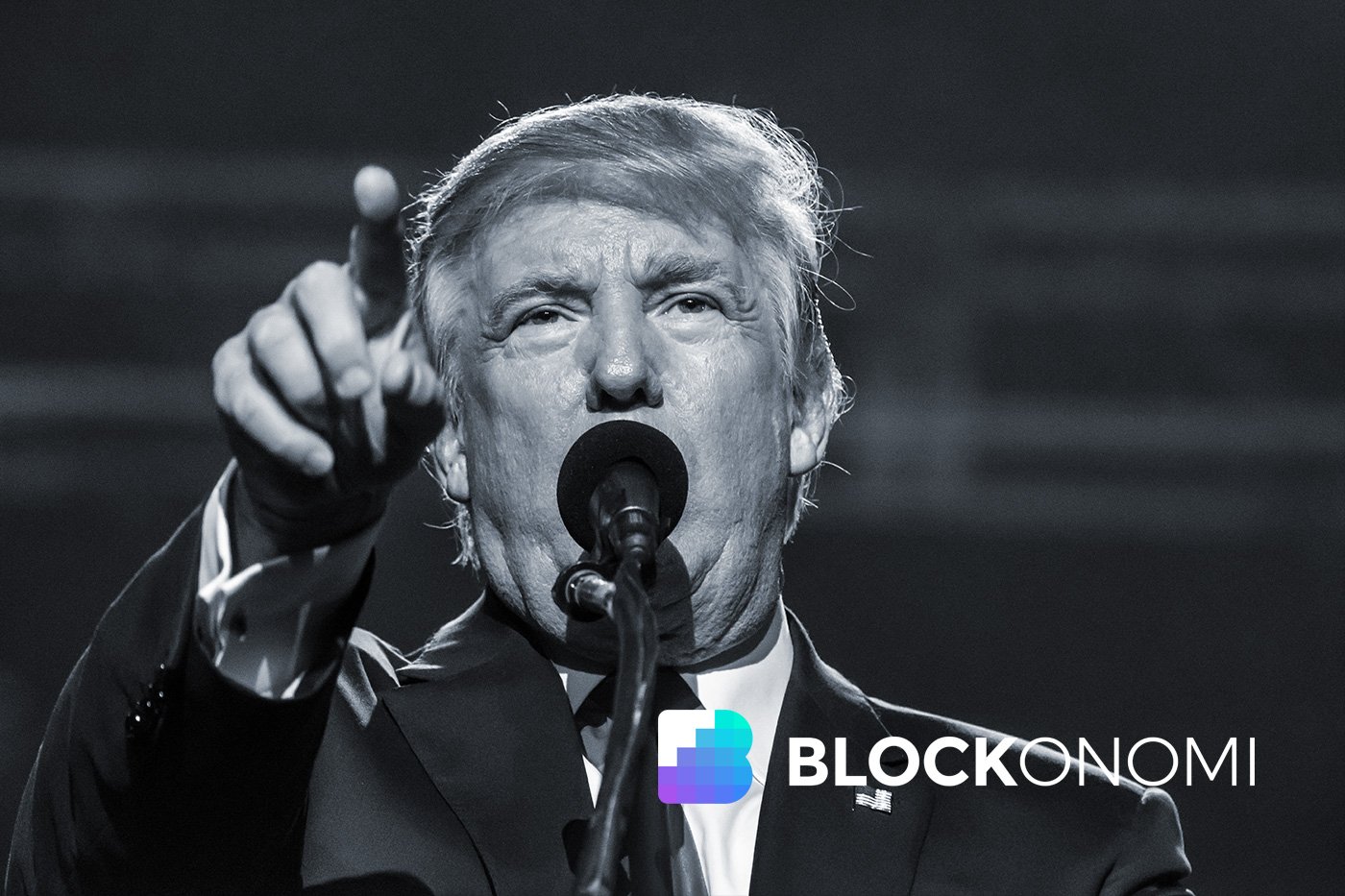
Introduction
The intersection of cryptocurrency and politics has been a hot topic of debate in recent years. Former President Donald Trump’s policies around cryptocurrency have sparked accusations and controversy, with Democrats alleging conflicts of interest and self-enrichment, while the Trump administration maintains its stance on fostering economic innovation.
Democrats Accuse Trump of Self-Enrichment
House Democrats recently released a report accusing Trump of leveraging his political position to benefit his business interests through cryptocurrency ventures. According to the report, Trump’s pro-crypto policies were not only influenced by personal gain but also reportedly enabled foreign actors to influence U.S. policy. Representative Jamie Raskin labeled this as an ‘unprecedented scale of corruption.’
Key allegations include Trump’s financial ties to crypto companies such as World Liberty Financial Inc. Additionally, the report claims that during his initial year in office, Trump’s crypto-related activities generated significant wealth for his family—allegedly amounting to hundreds of millions of dollars. These accusations highlight concerns over the integrity of policymaking at the highest level of government.
The White House Defends Trump’s Crypto Policies
In response, the Trump administration strongly denied allegations of conflicts of interest. Trump’s former press secretary, Karoline Leavitt, emphasized that the administration aimed to ‘promote innovation and economic opportunity for all Americans.’ Key legislative efforts, such as the GENIUS Act, were framed by the administration as part of a broader effort to create a favorable regulatory environment for the cryptocurrency sector.
The administration contends that these policies were designed to encourage technological growth and to ensure that the U.S. remains a global leader in blockchain and cryptocurrency innovation.
Political Implications and Industry Challenges
This ongoing debate sets the stage for broader discussions about the role of cryptocurrency in politics and public policy. As Congress deliberates over digital asset regulations, these revelations could have a lasting impact on the crypto sector’s future in the U.S. economy.
The growing influence of cryptocurrencies presents a dual challenge: fostering innovation while ensuring that regulatory frameworks prevent corruption, protect consumers, and maintain the integrity of the political system.
Discover Related Products: Enhancing Your Crypto Knowledge
For those interested in navigating the complexities of cryptocurrency, educational resources are essential. We recommend this blockchain and cryptocurrency course on Coursera. It provides comprehensive insights into how decentralized technology works and how to evaluate its role in modern economics and technology.
Final Thoughts
While supporters of Trump’s policies claim they were pro-innovation, the accusations of self-enrichment underscore the need for greater transparency in government dealings with emerging technologies like cryptocurrency. As regulation debates persist, the industry, policymakers, and the public will need to work together to address these challenges while balancing innovation and accountability.






